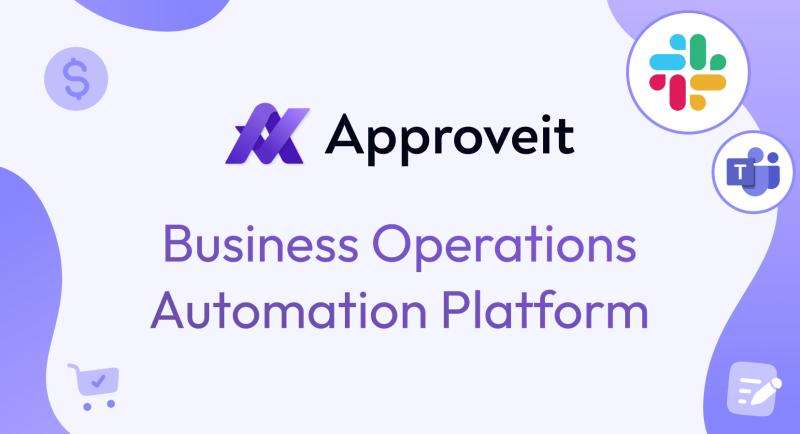
Enhancing Financial Efficiency with Accounts Payable Audit Software
In today’s fast-paced business environment, organizations are constantly looking for ways to enhance their operational efficiency and financial accuracy. One area that significantly impacts the overall financial health of a company is the accounts payable (AP) process. Investing in accounts payable audit software is one of the most effective methods to streamline this process. This article delves into the intricacies of accounts payable audit software, its benefits, and how it can improve a business’s financial workflow.
Understanding Accounts Payable Audit Software
Accounts payable audit software is a specialized tool designed to automate and enhance the AP process. It leverages technology to facilitate the verification, approval, and tracking of outgoing payments, thereby minimizing errors and increasing efficiency. The software integrates seamlessly with existing accounting systems, providing real-time updates and comprehensive reporting to ensure financial transactions are accurately recorded and easily accessible.
Key Features of Accounts Payable Audit Software
When selecting an accounts payable audit software solution, businesses should look for several key features. These include:
- Automation: Automating routine tasks such as invoice processing and payment approvals to reduce manual work.
- Integration: Compatibility with existing ERP and accounting systems for seamless operation.
- Advanced Analytics: Providing insights through data analytics to inform financial decisions and identify trends.
- Compliance Tracking: Ensuring all transactions comply with regulations and internal policies.
- Exception Management: Handling discrepancies and exceptions efficiently and effectively.
Benefits of Implementing Accounts Payable Audit Software
The implementation of accounts payable audit software offers several benefits, including:
1. Increased Efficiency
Automating time-consuming tasks allows staff to focus on higher-value activities, which can lead to improved productivity and reduced operational costs.
2. Enhanced Accuracy
Manual entry and paper-based processes are prone to errors. Accounts payable audit software significantly reduces the likelihood of mistakes, ensuring that payments are made accurately and on time.
3. Better Control and Visibility
With real-time data access, businesses can monitor their accounts payable activities more effectively, making it easier to manage cash flow and maintain financial control.
4. Improved Compliance

The software helps ensure that all financial transactions comply with regulatory requirements, reducing the risk of audits and penalties.
5. Cost Savings
By optimizing the accounts payable process, businesses can reduce operational costs, such as those associated with late payments or processing errors, ultimately leading to significant savings.
Best Practices for Implementing Accounts Payable Audit Software
Implementing accounts payable audit software requires careful planning and execution. Here are some best practices to consider:
- Define Your Requirements: Understand your organization’s specific needs and select software that aligns with them.
- Involve Key Stakeholders: Engage relevant departments and stakeholders in the selection and implementation process to ensure buy-in and identify critical needs.
- Provide Training: Ensure your team is adequately trained to leverage the full capabilities of the software for maximum benefit.
- Monitor Performance: Regularly evaluate the software’s performance and effectiveness in meeting your goals, making adjustments as necessary.
Future Trends in Accounts Payable Audit Software
As technology continues to evolve, so too does the landscape of accounts payable audit software. Some emerging trends to watch for include:
1. Artificial Intelligence and Machine Learning
AI and machine learning capabilities will enable smarter decision-making and process optimization, making AP management even more efficient.
2. Cloud-Based Solutions
The trend towards remote work has accelerated the adoption of cloud-based AP solutions, allowing for greater accessibility and collaboration.
3. Enhanced Security Features
As cyber threats become more sophisticated, software providers will continue to enhance security features, ensuring that financial data is protected.
4. Integration with Other Technologies
Greater integration with other business applications will provide a more holistic view of financial data and enhance operational efficiency.
Conclusion
In conclusion, investing in accounts payable audit software is a strategic move that can significantly enhance an organization’s financial operations. By automating processes, improving accuracy, and providing better visibility, businesses can ensure a healthier bottom line and more efficient workflow. As technology continues to advance, staying abreast of the latest trends will prepare organizations to adapt and prosper in an ever-changing financial landscape.